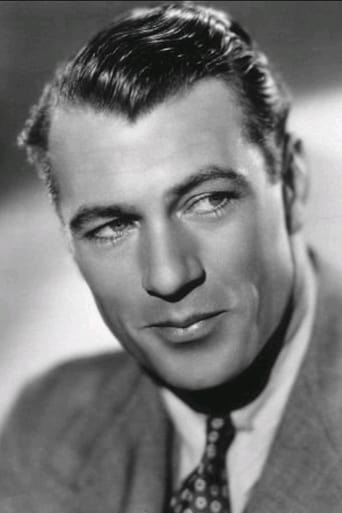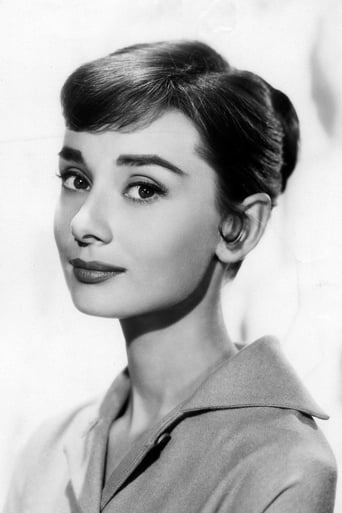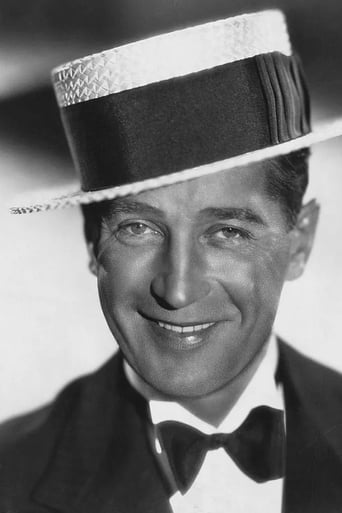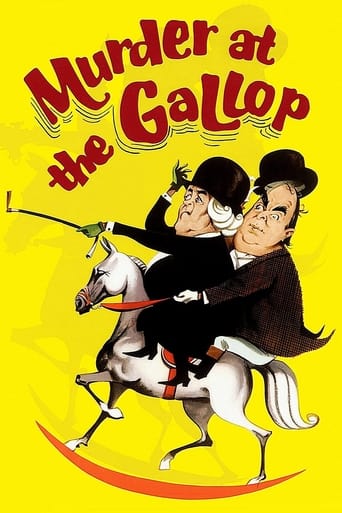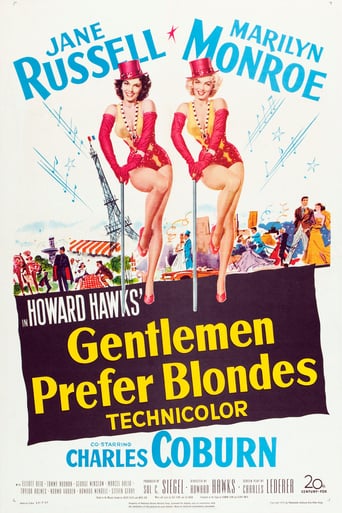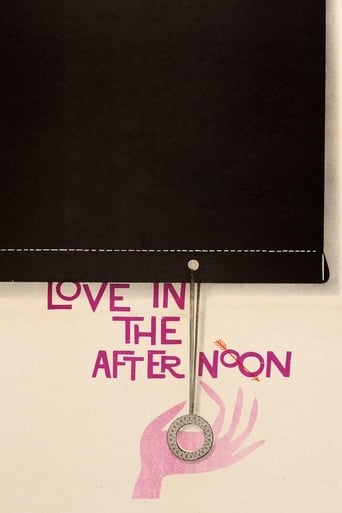
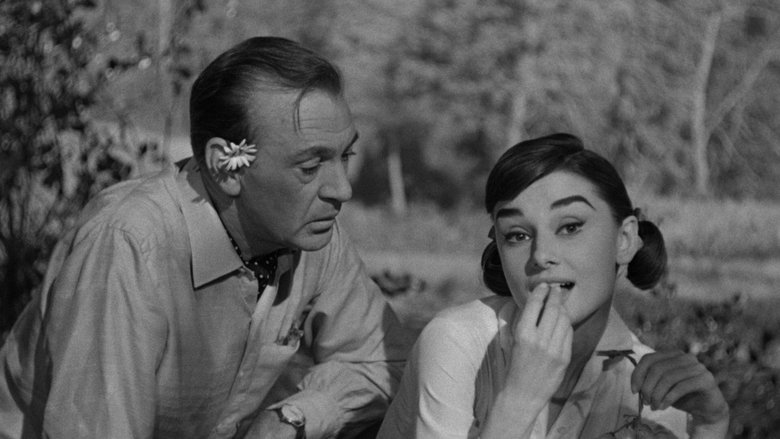
Love in the Afternoon (1957)
Lovestruck conservatory student Ariane pretends to be just as much a cosmopolitan lover as the worldly mature Frank Flannagan hoping that l’amour will take hold.
Watch Trailer
Cast
Similar titles


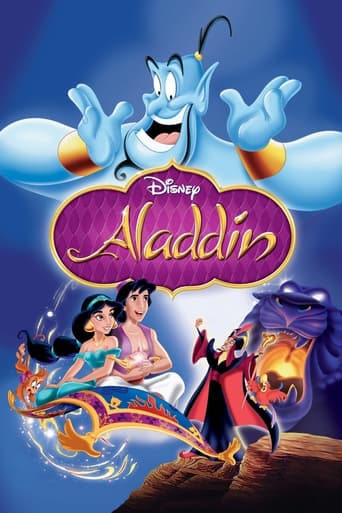

Reviews
Waste of time
A lot of fun.
It's the kind of movie you'll want to see a second time with someone who hasn't seen it yet, to remember what it was like to watch it for the first time.
There are moments in this movie where the great movie it could've been peek out... They're fleeting, here, but they're worth savoring, and they happen often enough to make it worth your while.
I adore Audrey Hepburn and Maurice Chevalier and even Gary Cooper in the right role. Cooper was such a dud in this. I kept imagining how good it could have been with William Holden as the love interest. And I felt sick every time (again and again) Billy Wilder thought it would be funny to have a scene where a dumb twit hits a little dog.The father/daughter relationship was adorable. Hepburn was wonderful, as always. I was quite disappointed by the love story.
For anyone who thinks "Love in the Afternoon" is a nice romance or love story, I posit the following questions to ask yourself. As a mother or father, would you want your daughter to go out with – or "fall" for Frank Flannagan, or someone like him in real life? Or, as a brother or sister, would you want your beloved sister to fall for such a man? I think Maurice Chevalier's character, Claude Chavasse, got it right. He told his daughter, Ariane (played by Audrey Hepburn) that Flannagan was a cad, despicable character – that he was no good. Flannagan, played by Gary Cooper, is an aged American millionaire playboy. He has no qualms or regrets about his many affairs with women – married or not. "Love them and leave them." That's his motto. Is that the type of man anyone would want a daughter, sister or friend to go for? I think not. Of course, we viewers know that Ariane knew about Flannagan's character (played by Gary Cooper), because she sneaked into her father's files. Yet she falls for this guy anyway. Is that romance or love? It may be romantic daydreaming or fantasizing, but love or real romance it isn't. We parents, grandparents and others who have experienced such things ourselves have known it by another term – infatuation. Ariane's father cautions his daughter, but she pursues Flannagan anyway. The demure Hepburn's character feigns a nubile persona, but we audience members can't disregard her puerile innocence, if the Flannagan character can't see through her. So, the first big problem with this film is that it is not a love story, or even a romance. It is a slice of life, of course, with some comedy. I am not averse to a story of young and old love. Some other films have handled this very well. "Battle Circus" was a 1953 film that had a young Army nurse fall for an older Army doctor during the Korean War. Humphrey Bogart (late 40s to early 50s) and June Alyson (late 20s) were very believable in their roles. On the other hand, some other films also have treated age differences quite well – as infatuation. "The Bachelor and the Bobby-Soxer" was such a film in 1947. It starred Cary Grant as a late-30s or early-40s playboy artist and professor, with Shirley Temple as the teen sister of Myrna Loy. Most reviewers have noted the huge age difference between the two leads in this film. Many found it a problem that takes away from the films' believability. And thus, its appeal. Audrey Hepburn was 28 playing an 18-year-old; Gary Cooper was 56 playing a 65-year-old – at least he looked it, for that time. And the script never tries to specify what his age is – just that he's an older playboy millionaire. Try as they do, with the old news clips of a wild Flannagan (played by Cooper), the movie makers couldn't convince this viewer – or most viewers – that Flannagan was in his 40s. As "hip" as the script tried to paint him, Flannagan definitely was not so. And that is the problem. A 35 to 45- year-old would have been an older man for a teenage girl in the 1950s. Another reviewer commented that Gary Cooper's was a grandfather character. I agree. Audrey Hepburn and her performance are the main reasons this film earns even 5 stars from me. Maurice Chevalier did very well with his role. Cooper was wooden. The idea of the film was OK and had possibilities. But it needed a younger character and actor as the playboy who could find true love and mend his ways. As it is, this script is terrible. That and the big age differences, and the casting of Gary Cooper as Flannagan made this film a dud.
This film is irritating and tedious to watch. It's an old man's wet dream, specifically, Billy Wilder's. In short, a beautiful young woman finds a much older man improbably irresistible. Whatever charm Gary Cooper had as a leading man was spent by the time he made this picture. In fact, he was suffering with undiagnosed cancer and it shows. He seems exhausted, pale and flabby. That Audrey Hepburn makes her enchantment with him at all believable is a tribute to her determination as an actress. In an interview, she said that it was Chevalier who wouldn't stop ogling her and that he might have been better cast as her suitor than her father. The whole thing is very squeamish and gives you the idea of how invincible men believed themselves to be and how subjugated women were to them. They held all the cards so to speak, especially if Wilder could make a smug, distasteful film like this without having people walk out on it.
Gary Cooper was too old to play the jet-set playboy here. His age was really showing. Granted that the part called for an older man, but Cooper looked like he was ready to slow-down. He was not suave and debonair. He came across as a senior citizen hooked on romantic flings with the ladies around the world.Audrey Hepburn, who saves him from the clutches of John McGiver, one of Frank's (Cooper) paramours, after her father, the indomitable Maurice Chevalier, catches them in the act.As the private investigator, Chevalier is given little to do here.The picture takes a turn when Cooper begins to get a dose of his own medicine. Hepburn, now another of his ladies, tells him of the men in her life.The black and white atmosphere makes the film somewhat drab, and the constant Paris showers doesn't help much either.
